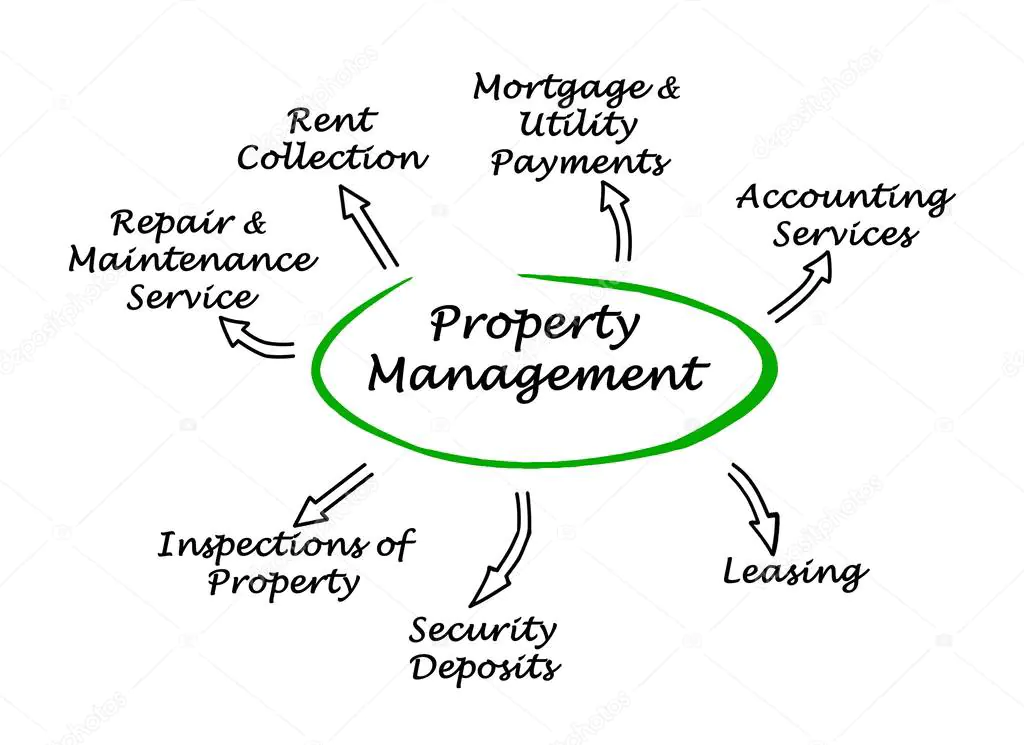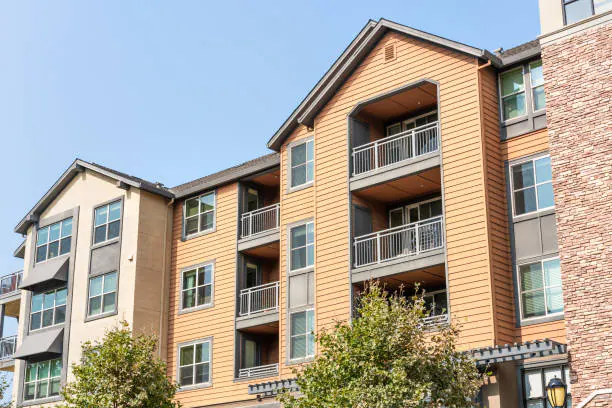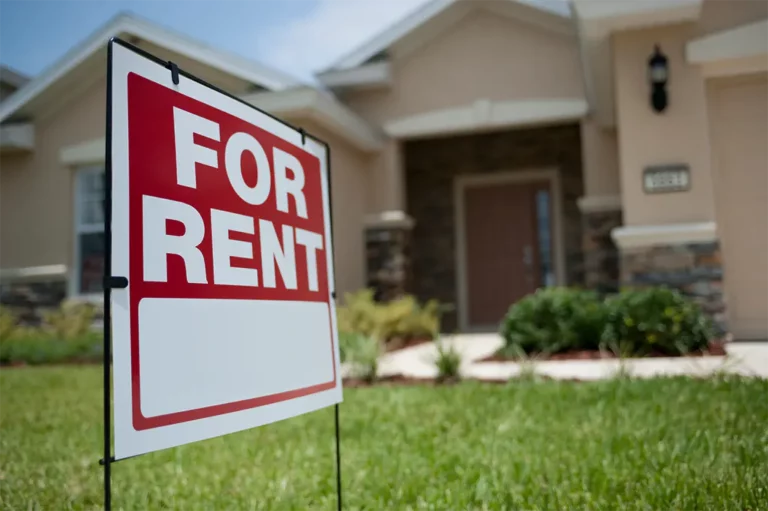Property Management Pest Control
Understanding Pest Control for Property Management
Pest control is an important aspect of property management. Property managers are responsible for maintaining the safety and well-being of tenants, and pests can pose a significant threat to that safety. Pests such as cockroaches, ants, and mice can spread disease and cause damage to buildings. It is essential for property managers to understand the basics of pest control in order to manage pests and keep tenants safe effectively.
Common Pests in Property Management
Some of the most common pests that property managers may encounter include cockroaches, ants, mice, rodents and bed bugs. Cockroaches can spread disease and cause allergic reactions in some people. Ants can damage buildings and contaminate food. Mice can carry diseases and cause damage to buildings. Bed bugs are a growing concern in the property management industry, as they can be difficult to detect and eliminate.
Contact Us


Strategies for Pest Control in Property
Management There are several strategies that property managers can use to control pests. One strategy is to implement regular pest inspections. This can help property managers identify and address pests early on before they become a major problem. Another strategy is to use environmentally friendly pest control methods, such as baits and traps. These methods can be effective and safe for both tenants and the environment. Additionally, property managers can work with professional pest control companies to develop a customized pest management plan that meets the specific needs of their properties.
Importance of Communication and Education
Effective communication and education are also key components of pest control in property management. Property managers should educate tenants on the importance of pest control and the steps they can take to help prevent pests. This can include things such as proper food storage and sanitation practices. Additionally, property managers should communicate regularly with tenants about any pest control efforts that are being implemented on the property.

In conclusion, pest control is an essential aspect of property management. Property managers have a responsibility to keep tenants safe and healthy, and pests can pose a significant threat to that safety. By understanding common pests, implementing effective pest control strategies, and communicating and educating tenants, property managers can effectively manage pests and keep their properties pest-free.

